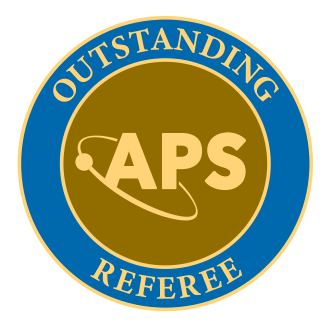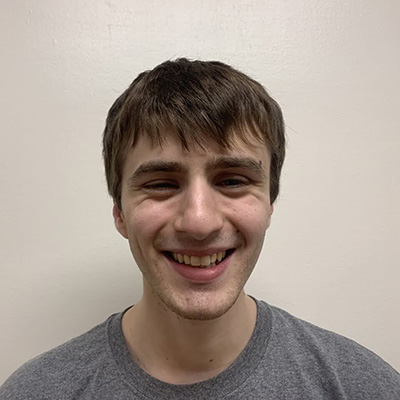
Piali Sengupta, the Harold and Bernice Davis Chair in Aging and Neurodegenerative Disease, and Professor of Biology, has been elected to the American Academy of Arts & Sciences. She joins eight other active Brandeis Division of Science faculty members (Carol Fierke, Jeff Gelles, James Haber, Dorothee Kern, Susan Lovett, Eve Marder, Michael Rosbash, and Gina Turrigiano) in receiving this honor.
In 2024, 250 people were elected to the Academy. Sengupta is one of ten individuals elected in the Neuroscience section of the Biological Sciences class.
Founded in 1780, the American Academy of Arts and Sciences, is both an honorary society recognizing leaders in the arts and sciences, business, philanthropy, and public affairs and an independent research center studying issues that are important to the US and globally.







